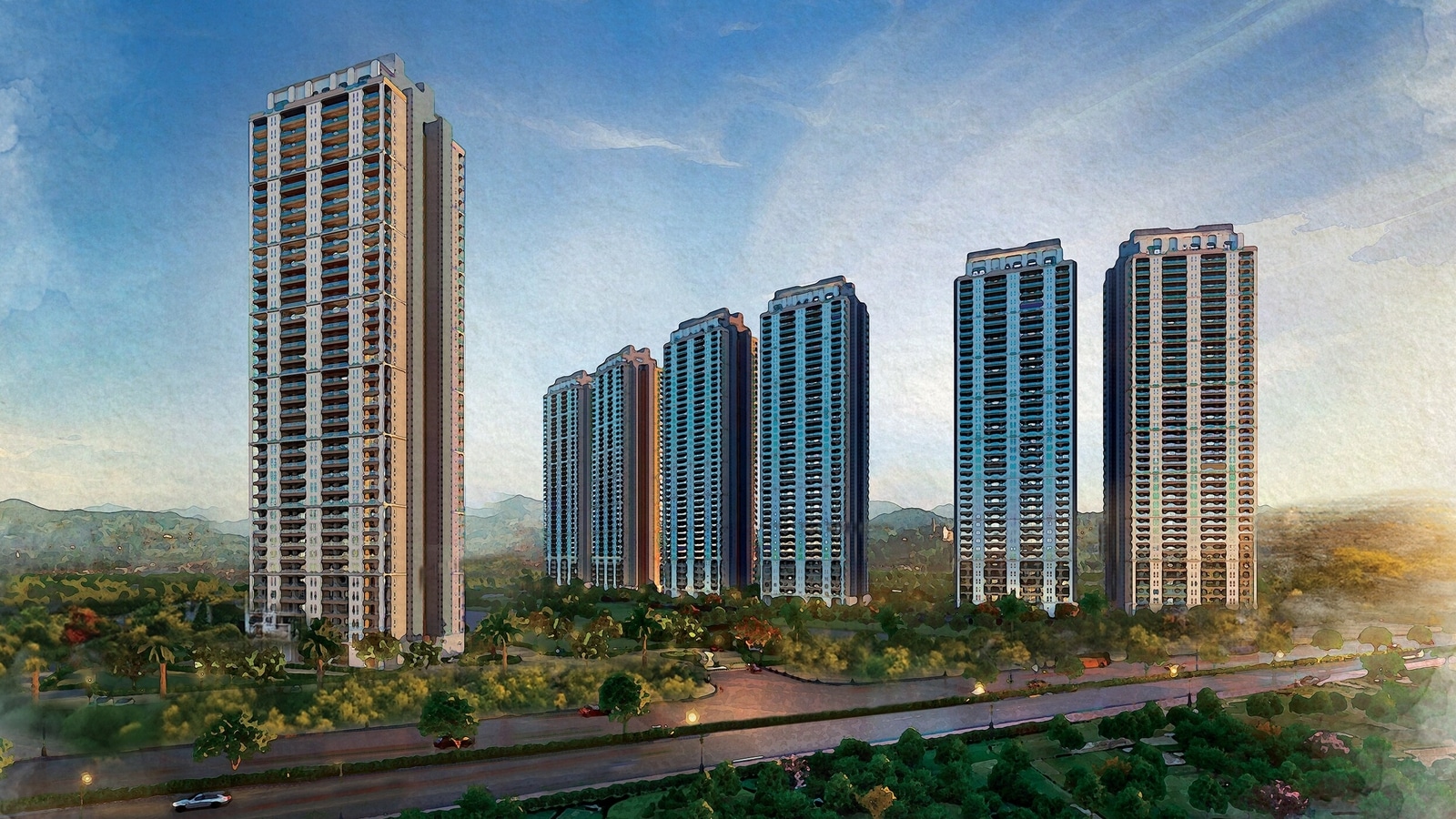As many as 1.30 lakh housing units were sold in Q1 2024 across the top seven cities on the back of increase in demand which is a 14% yearly rise against approximately 1.13 lakh units sold in January-March period in 2023, according to data shared by Anarock.

The seven cities include MMR, Pune, Hyderabad, Bengaluru, NCR, Chennai and Kolkata.
Also Read: Luxury homes priced above ₹50 crore and above witness a 1.5X y-o-y increase; Mumbai dominates demand
MMR saw the highest primary housing sales of approximately 42,920 units in Q1 2024, increasing by 24% over Q1 2023. Approximately 34,690 units were sold in Q1 2023. Pune saw approximately 22,990 units sold in Q1 2024, increasing by 15% over Q1 2023 when approximately 19,920 units were sold.
NCR and Kolkata witness a decline in housing sales
NCR saw a 9% decline in housing sales – from approximately 17,160 units in Q1 2023 to approximately 15,650 units in Q1 2024. Kolkata also saw a decline of 9% in housing sales in the period – from approximately 6,185 units in Q1 2023 to approximately 5,650 units in Q1 2024.
Bengaluru saw housing sales increase by 14% in Q1 2024 against Q1 2023, with approximately 17,790 units sold in Q1 2024 and approximately 15,660 units sold back in same period last year, the report said.
Housing prices increase by 10% to 32%
The average residential property prices across the top 7 cities have also seen a jump in the last one year – ranging between 10-32% in Q1 2024 when compared to Q1 2023, mainly due to increase in the prices of construction raw materials and overall rise in demand. Hyderabad and Bengaluru recorded the highest annual price jump of over 32% and 25%, respectively, the report said.
Also Read: Real estate sector expected to touch a market size of $1.3 trillion by FY2034: Credai
“MMR and Pune accounted for over 51% of the total sales in the top 7 cities, with MMR recording a 24% yearly jump and Pune witnessing an over 15% yearly rise. New launches across the top 7 cities continued above the one lakh mark but witnessed a mere 1% yearly rise – from 1,09,570 units in Q1 2023 to over 1,10,865 units in Q1 2024,” Anuj Puri, chairman, Anarock Group.
Despite new launches remaining above the 1 lakh mark in this quarter, available inventory in the top 7 cities dropped by 7% annually – from approximately 6,26,750 units by Q1 2023-end to approximately 5,80,890 units by Q1 2024-end. Among the top cities, NCR saw the highest decline of 27% in its unsold stock in Q1 2024. NCR’s unsold stock is currently lower than in other prominent cities like MMR, Pune, and Hyderabad.
Also Read: Surviving Bengaluru: 5 things to know before renting an apartment in the garden city
New launches
The top 7 cities recorded new launches of around 1.10 lakh units in Q1 2024 against 1.09 lakh units in Q1 2023, increasing by just 1% over the previous year’s corresponding period. The key cities contributing to new launches in Q1 2024 were MMR (Mumbai Metropolitan Region), Hyderabad, Pune, and Bengaluru, which together accounted for 83% of the quarter’s supply addition.
MMR saw approximately 33,800 units launched in Q1 2024 – a decline of approximately 9% over Q1 2023. More than 59% of the new supply was added in the sub- ₹80 lakh budget segment.
NCR saw new supply dip by over 42% against Q1 2023, with approximately 7,270 units launched in Q1 2024 against 12,450 units in Q1 2023. Notably, 55% of the new supply was added in the ultra-luxury segment (homes priced above ₹2.5 crore).
Pradeep Aggarwal, founder and chairman, Signature Global (India) Ltd said that the real estate market is experiencing a surge across all segments due to a strong demand from first time home buyers and affluent home buyers who are looking for a second home. Investors are also keen to buy properties located in prime locations.
Mohit Jain, managing director, Krisumi Corporation said that the company had witnessed encouraging response for its Krisumi Waterfall Suites studio apartments in 2023. Within hours of launch, the company received 750 cheques against 318 apartments launched, highlighting the market’s desire for high-quality, well-designed luxury spaces. This surge is further fueled by Gurugram’s rapid infrastructure development.





